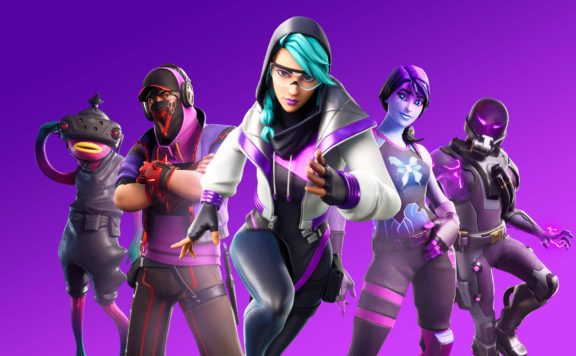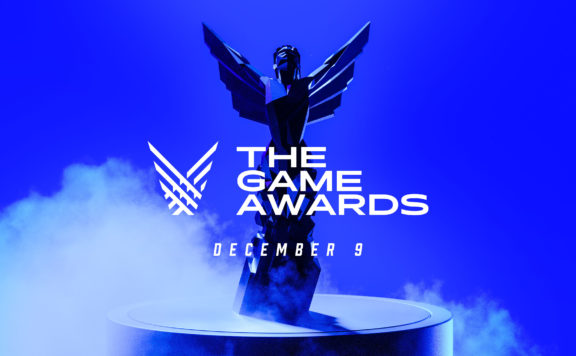Esports is an industry on the rise. Become a professional video game player is now a viable career path and this is an industry supported by millions of eager fans who all want to see their favorite players compete. If you thought that traditional sports were the arena for truly fierce rivalries, than you haven’t seen anything until you’ve seen two groups of tuned in esports fans root for their teams.
According to industry analysis firm Newzoo, the esports industry is set to grow even more this year. Esports looks set to bring in revenues of over $900 million in 2018 – a +38.2% year on year increase – as it draws more and more fans, more and more sponsors and more and more games establish themselves as esports titles with competitive scenes worth taking notice of.
Esports used to fly under the radar but not anymore; let’s take a look at where this industry is heading by focusing on three current and upcoming trends in it.
More Mainstream Adoption of Esports

With more and more money being involved in esports, the industry is expected to see even more mainstream adoption. Just as gaming is no longer a hobby for a niche audience, esports will begin to establish themselves as something that the wider public audience wants to take notice of.
We are already seeing this in small ways just by looking at the sponsors that esports events are drawing in. For example, car manufacturer Toyota recently announced its sponsorship of the Overwatch League, an esports initiative that has only been in action for a few months. Over 10 million people watched Overwatch League in its debut week, something which may have influenced Toyota’s partnership with the league. If other esports tournaments are able to replicate that success and if Overwatch League is able to sustain that momentum, then additional major sponsors are likely to get involved too.
We are also seeing traditional broadcasters get involved. ESPN now has an esports vertical on its website where it reports the latest esports news and it has also broadcast esports matches on television too. More than 360 million unique viewers watched the League of Legends World Championship last year, watching the action through online livestreams. Traditional broadcasters, eager for a slice of that lucrative audience, are expected to further embrace esports on their platforms.
New Ways to Engage With Esports
As the esports industry grows, so too do the ways that one can engage with it. New opportunities are emerging for casual fans, players and brands to get involved, building new services and platforms based on the industry’s newfound wants and needs.
One prime example of this is the emerging esports coaching industry. As aspiring esports players want to make the jump to the professional scene and as more fans want to up their games and be on the level of their favorite pros, more people are turning to esports coaches. There are esports camps like GameCoach and more technological solutions such as Xsolla which allow players to book time with coaches and receive coaching through online means.
Because esports is, by its very nature, incredibly competitive, it is only natural that we will see more and more betting brands introduce opportunities for esports betting, both on its own or in combination with other markets. We’ve also seen an eagerness on the part of traditional betting brands to embrace esports, with one such company being Betway, which currently allows its users to place bets on a range of popular multiplayer games. Games such as Riot Games MOBA League of Legends, Valve’s first-person shooter Counter-Strike: Global Offensive and Dota 2 are just some examples of games that gamers can place bets on. Traditional sports have had betting for years and the existence of esports betting lends real legitimacy to the competitive gaming industry and as esports continues to raise its profile, there will be a greater number of esports betting opportunities.
Additionally, we are also seeing a trend of esports degrees offered at universities and colleges around the world. These degrees may focus on player management, event management or how to be a player (e.g they teach students how to harness and improve their skills). In fact, there is a National Association of Collegiate eSports in the US, as well as scholarships at universities including Stephens College and Robert Morris University, the very first US college to offer video gaming scholarships to students. Esports has given rise to all new career paths, and so it makes sense that there are educational institutes that are now supporting that.
New Games Joining the Fray
 IMAGE SOURCE – Pexels.com
IMAGE SOURCE – Pexels.com
The esports industry will also continue to grow as more high profile games are released, with their developers and publishers encouraging their players to get involved in the competitive scene, also fostering it with specific game modes and specific initiatives. That’s what makes this a trend – many games are not just falling into esports accidentally.
In most cases, the companies behind these titles are actively working to develop their games’ esports potential as they recognize how lucrative an esports scene could be for them. This also includes pledging huge prize pots towards official esports tournaments. For example, Valve has raised over $20 million for the Dota 2 International tournament.
One particular game that could be a major tour de force regarding esports is Battlefield 2018, the yet unnamed first-person shooter in the Battlefield franchise that is set to be released this year. The last game in the series, Battlefield 1, saw 21 million players thanks to its action-packed multiplayer. Although publisher EA and developer DICE have yet to formally announce a new Battlefield game, if its multiplayer is just as entertaining we could see esports teams and a new group of professional Battlefield players emerge.
Epic Games’ Fortnite Battle Royale has also come out of nowhere to be a huge success. This action-packed game mode tasks players with being the last player (or team of players) standing, putting them on a huge map full of loot that gradually gets smaller. Fortnite has over 40 million players, with some of the best already forming esports teams. For instance, FaZe Clan has a team for the game.
There is so much money involved in esports and indeed, there is such a lot of interest around it too from hardcore gamers, casual viewers, and even non-traditional gaming brands. When you combine these factors it means that there is a significant amount of potential growth for esports and there are lots of reasons to see it grow. Esports may not have been a mainstream talking point some years ago, but this industry is officially one to watch.







